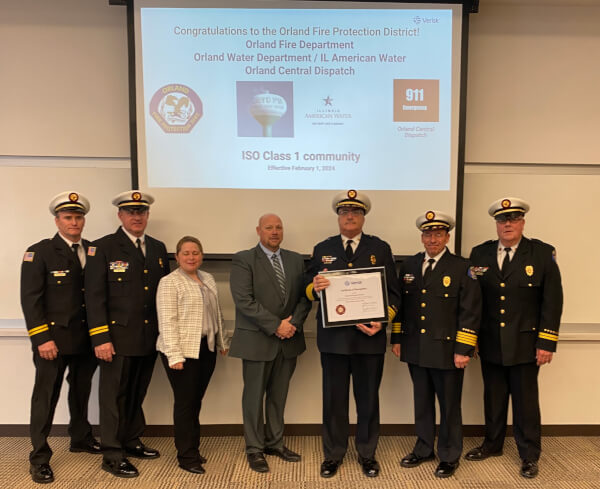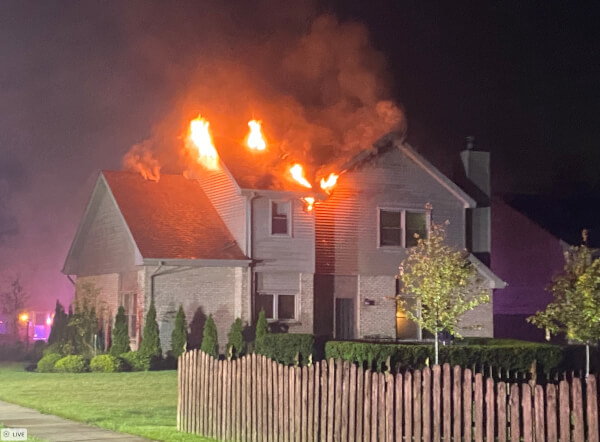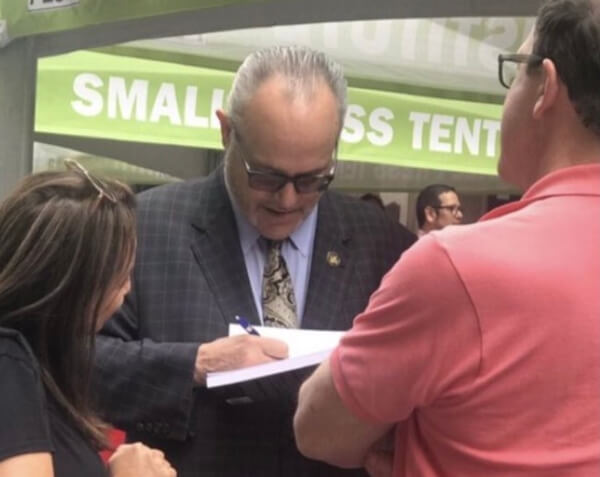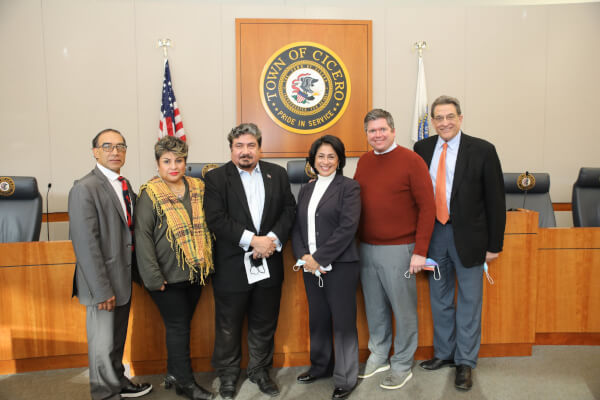Lipinski Announces Over $700,000 Grant for Moraine Valley Community College
Congressman Dan Lipinski (IL-3) is announcing that Moraine Valley Community College in Palos Hills has been awarded a $705,497 federal grant through the National Science Foundation. The school, along with Sinclair Community College in Ohio and Brookdale Community College in New Jersey, will use the funds to help increase the placement of highly-qualified cybersecurity professionals in the government.
Through cohort-based learning, students at each of the colleges will collaborate on activities and events, including skills competitions, certification preparation workshops, visits to local federal agencies, and participation in job fairs. Experiential learning will allow students to gain skills from real cybersecurity vulnerabilities and attacks experienced by businesses and organizations.
“Each week we learn of more cyberattacks in our nation and around the world,” said Rep. Lipinski. “These attacks have the potential to erode our military and economic security, threaten our elections, and harm consumers. American workers have lost jobs and businesses have been damaged because of cyberattacks, and that’s why it will continue to be a top priority of mine to put the necessary resources in place to help our nation prepare for and combat future attacks. Like in the private sector, there’s an urgent need for more skilled cybersecurity professionals in government, and this program will help build the talent pipeline for federal, state, and local government agencies. I’m proud of the strong leadership role Moraine Valley has taken to prepare our young people to address this critical issue.”
The Community College Cyber Pilot Program was created by the 2018 National Defense Authorization Act, which Congressman Lipinski supported. Its objectives are to: 1) research, develop, and document new strategic roles community colleges can play in increasing the number of cybersecurity professionals employed in government sectors; 2) build effective collaborations between educational institutions, business, industry, and government; 3) prepare students to help meet government need for highly qualified cybersecurity professionals; 4) disseminate best practice models designed for replication by other colleges across the country.




























